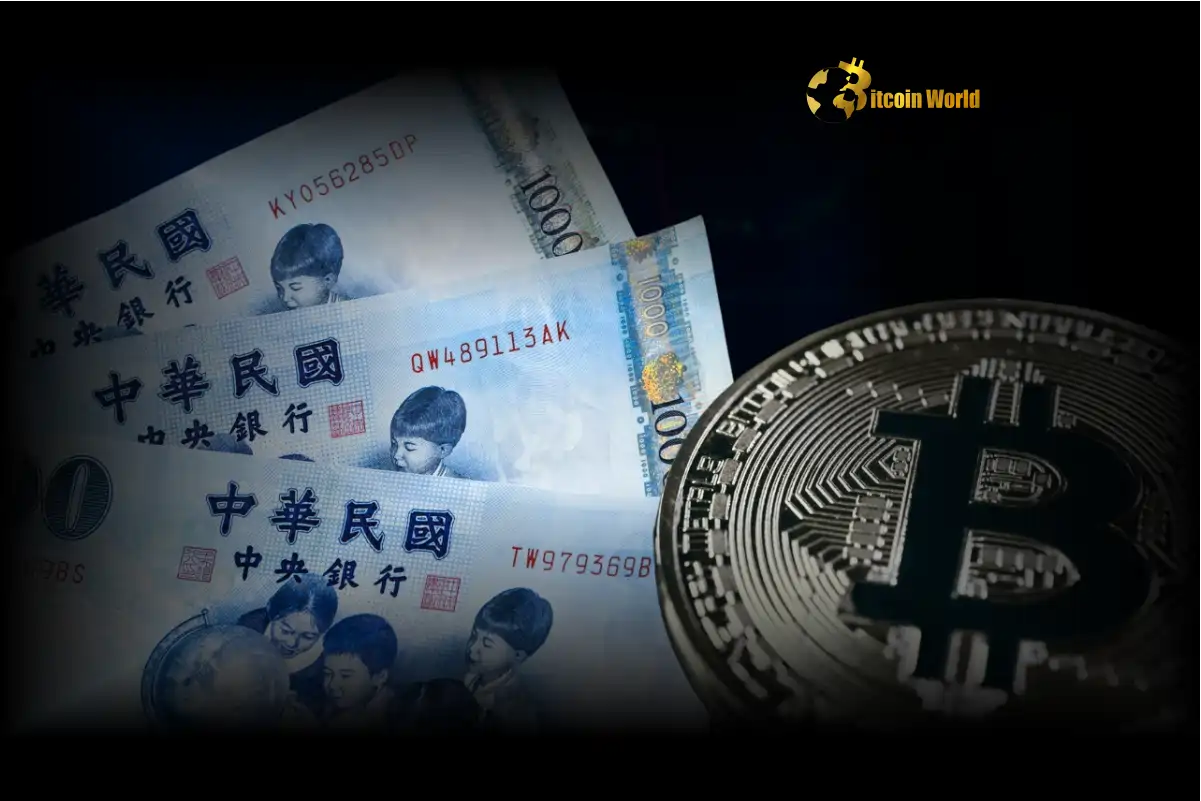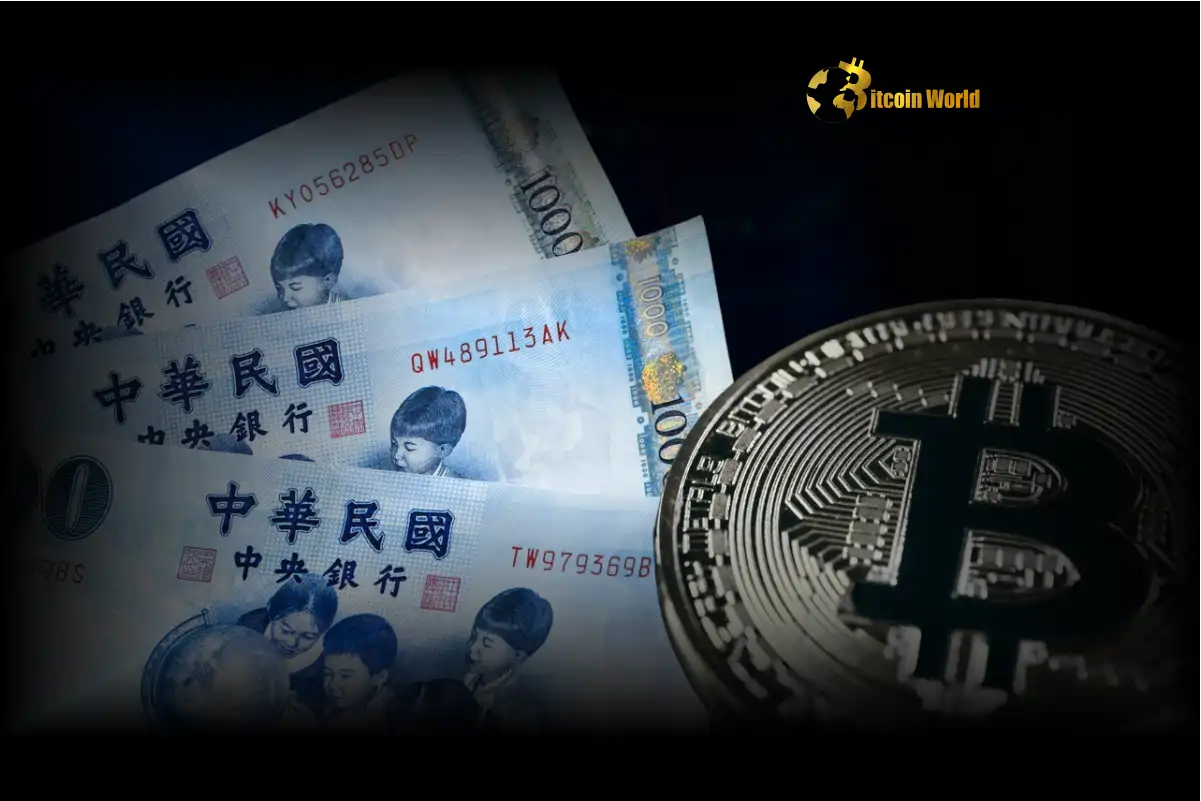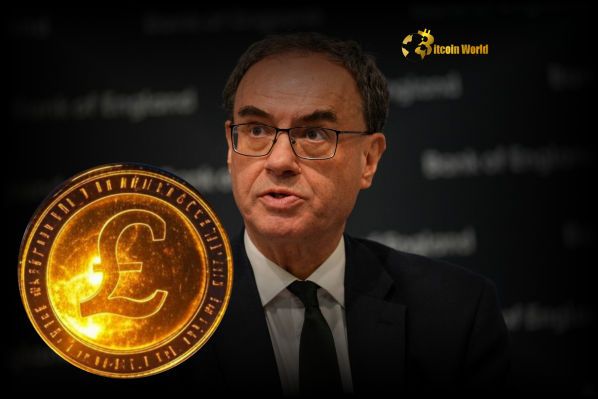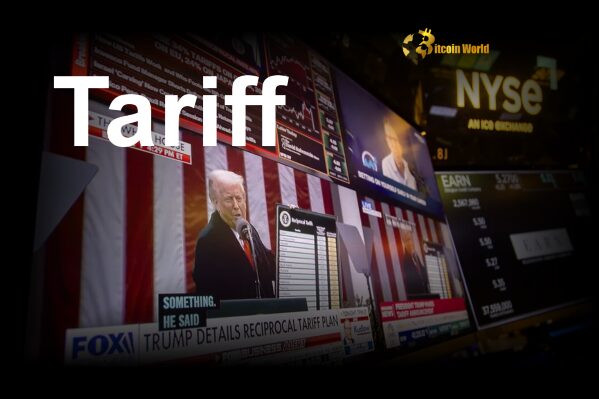The world of finance is constantly evolving, and the conversation around national assets is taking a fascinating turn. Recently, a proposal out of Taiwan has captured significant attention, suggesting a potentially bold move: integrating Bitcoin into the nation’s National Reserves.
This isn’t just idle chatter. Taiwanese lawmaker Ko Ju-Chun has officially called on the government to consider adding Bitcoin (BTC) to its strategic reserve assets. Currently, these reserves typically consist of gold and foreign currencies, serving as a buffer against economic shocks and a tool for financial stability.
Why is Taiwan Considering Bitcoin for its Reserves?
According to reports, including one from Wu Blockchain on X, the primary motivation behind this suggestion is the potential for Bitcoin’s hedging capabilities. Lawmaker Ko Ju-Chun emphasized that incorporating BTC could help boost the resilience and flexibility of Taiwan’s financial system. But what exactly does this mean?
Adding Digital Assets like Bitcoin to National Reserves is a forward-thinking concept rooted in several potential benefits:
- Diversification: Traditional reserves are heavily weighted towards fiat currencies and gold. Bitcoin, with its unique market dynamics, could offer a degree of non-correlation, potentially reducing overall portfolio risk.
- Inflation Hedge: In an era of quantitative easing and concerns about currency devaluation, some argue that Bitcoin’s fixed supply cap makes it a potential store of value and a hedge against inflation, similar to gold.
- Accessibility and Liquidity: While volatile, Bitcoin markets operate 24/7, offering potential liquidity advantages over traditional assets, although managing large-scale transactions requires careful consideration.
- Embracing the Future: Including Digital Assets in reserves signals a nation’s readiness to engage with the evolving global financial landscape and the increasing importance of digital economies.
Could Crypto Reserves Become a Global Trend?
While Taiwan’s proposal is noteworthy, the idea of holding Crypto Reserves isn’t entirely unprecedented. El Salvador famously became the first country to adopt Bitcoin as legal tender and began accumulating BTC for its treasury. However, El Salvador’s situation is unique, and its approach differs significantly from simply adding Bitcoin as one component of traditional National Reserves.
Despite the limited examples of explicit Crypto Reserves at the national level, central banks and monetary authorities globally are increasingly exploring Digital Assets, central bank digital currencies (CBDCs), and the underlying blockchain technology. Discussions around the potential role of cryptocurrencies in national balance sheets, even if preliminary, are becoming more common.
What Challenges Does Adding Crypto Pose?
While the potential benefits are compelling, integrating volatile Digital Assets like Bitcoin into conservative National Reserves presents significant hurdles:
- Volatility Risk: Bitcoin’s price is known for its dramatic swings. Holding substantial amounts could introduce instability and potential significant losses to the reserve value in the short term.
- Security Concerns: Securely storing large amounts of BTC requires sophisticated cybersecurity measures to protect against hacks and theft.
- Regulatory Uncertainty: The global regulatory framework for cryptocurrencies is still developing, creating potential legal and compliance challenges for national holdings.
- Valuation and Accounting: Establishing clear standards for valuing and accounting for volatile Crypto Reserves is complex.
- Public and Political Acceptance: Gaining broad support for such a move within government and among the public could be difficult due to lingering skepticism about cryptocurrencies.
These challenges require careful analysis and robust strategies to mitigate risks before any significant allocation of Bitcoin or other Digital Assets into National Reserves could occur.
Actionable Insights from Taiwan’s Proposal
The fact that a lawmaker in a developed economy like Taiwan is publicly advocating for Bitcoin in National Reserves is a significant indicator:
- It suggests that the conversation around Bitcoin as a legitimate, strategic asset is gaining traction in governmental circles beyond just financial regulators.
- It highlights the increasing recognition of the need for financial systems to adapt to technological change and explore new ways to build resilience.
- For the crypto market, such proposals from credible sources lend further weight to the argument for institutional and sovereign adoption of Digital Assets.
- It underscores that the long-term vision for Bitcoin and other major cryptocurrencies extends beyond individual investment to potentially play a role in global macroeconomic strategy.
While this proposal is still in its early stages and faces considerable debate and hurdles, it opens the door to a fascinating discussion about the future composition of National Reserves and the potential role of Digital Assets within them.
In conclusion, the call by Taiwanese lawmaker Ko Ju-Chun to consider adding Bitcoin to Taiwan’s National Reserves is a significant development. It reflects a forward-thinking perspective on enhancing financial resilience through diversification with Digital Assets. While substantial challenges exist, the mere fact that this conversation is happening at a governmental level underscores the evolving perception of Bitcoin and the potential future role of Crypto Reserves in global finance.
To learn more about the latest Bitcoin trends, explore our article on key developments shaping Bitcoin institutional adoption.






